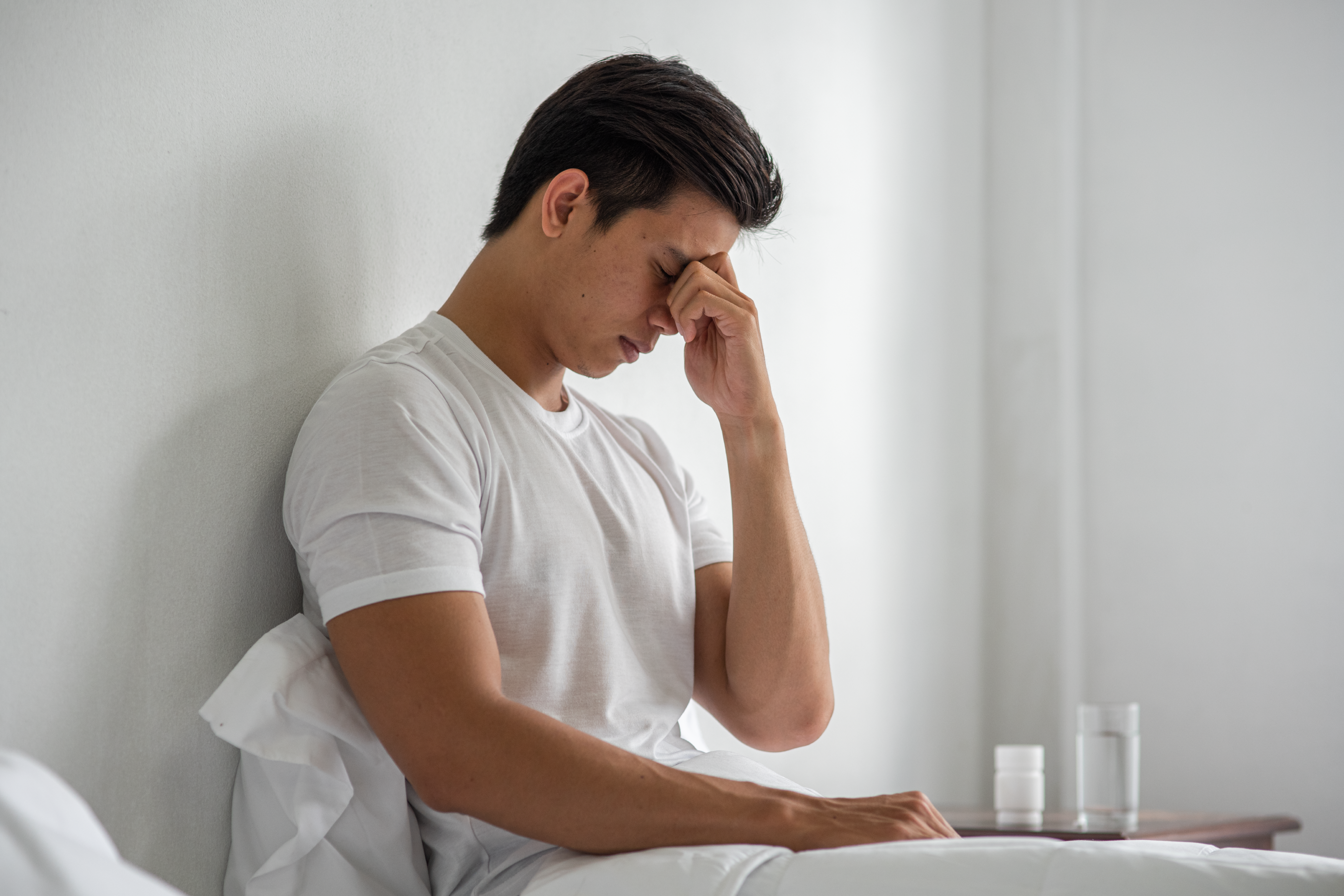What is premature ejaculation?
Ejaculation is the release of semen from the penis during an orgasm. When ejaculation occurs faster than you or your partner would like, it’s known as premature ejaculation (PE).
PE is common. About one in three men between the ages of 18 and 59 experiences PE at some point.
PE is also known as:
- rapid ejaculation
- premature climax
- early ejaculation
Is premature ejaculation a type of sexual dysfunction?
PE is considered a type of sexual dysfunction. Sexual dysfunction refers to any of several types of problems that keep a couple from fully enjoying sexual activity.
PE isn’t the same as erectile dysfunction (ED). ED is the inability to achieve and maintain an erection that allows for a satisfying sexual experience. However, you may experience PE along with ED.
